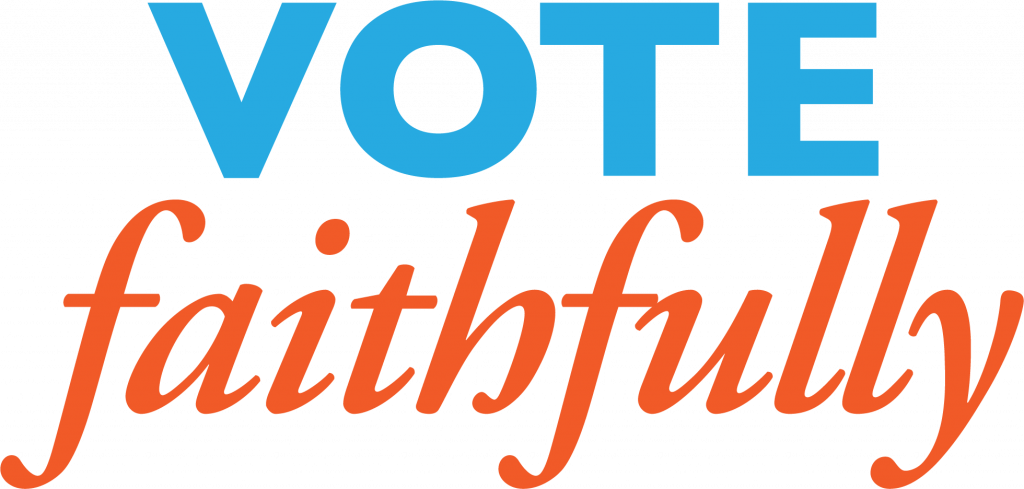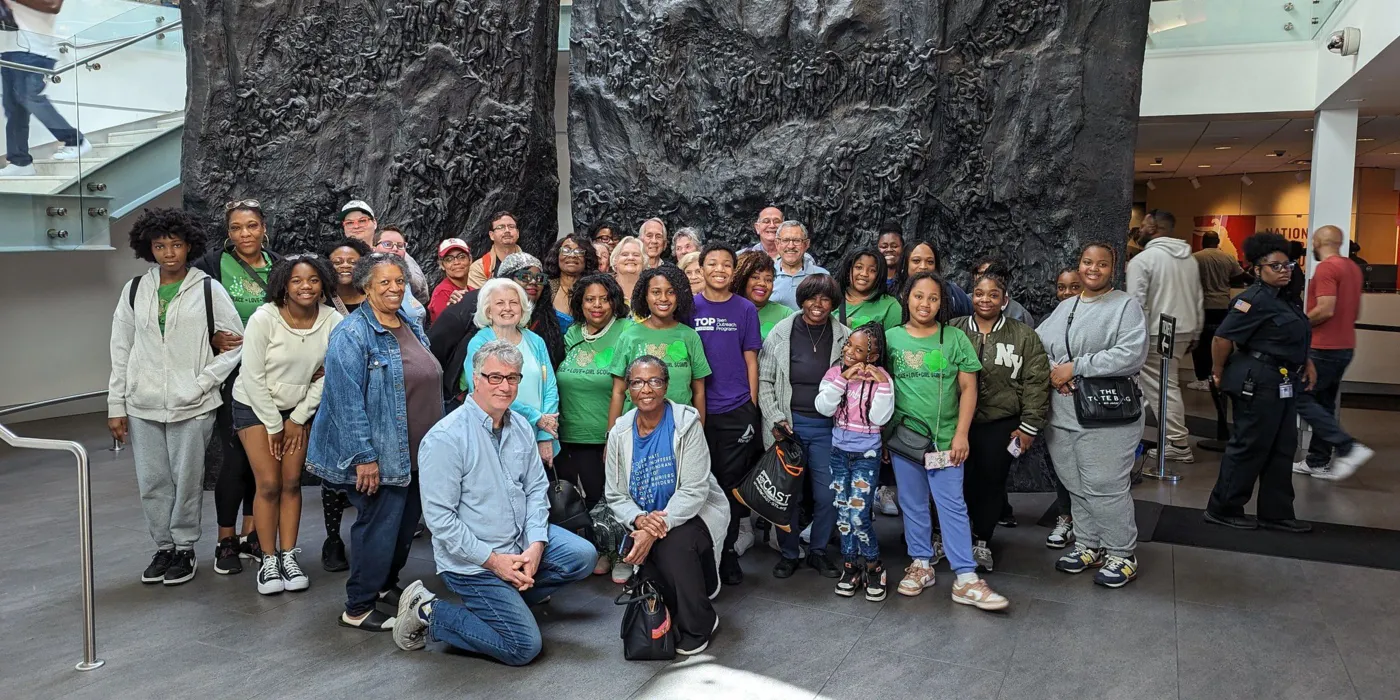
Liberal Democracy
What does it mean? We who live in the United States live in a democracy. As Abraham Lincoln said “Democracy is the government of the people, by the people, for the people.” In a democracy governing authority comes from the consent of the people, the citizens, who form our nation. Our democracy is representative. We consent to be governed by voting in free and fair electrons for candidates to represent us in national, state and local offices. At times, in local and state matters, we may also exercise direct democracy when we vote on particular issues such as reproductive rights. Democracy generally assumes that the will of the majority is correct, and in our form of democracy the US Constitution was amended shortly after its ratification with a Bill of Rights to protect certain fundamental rights from a tyranny of the majority. Thus government cannot establish a state religion or limit the press and most speech. Liberal democracy also attempts to assure that no particular group based on social class, ethnicity, geography, or business interest has too much influence or can exploit others.
Why do we care? As Winston Churchill noted, “Democracy is the worst form of Government except for all those other forms that have been tried from time to time.” Because it relies on our consent, democracy tends to be more just than other forms of government. In the words of Reinhold Niebuhr, “Man’s capacity for justice makes democracy possible, but man’s inclination to injustice makes democracy necessary.” We want to live in a just society in which societal progress is a result of peaceful competition among different interests and ideas. The role of voters in electing representatives leads to greater respect for the laws their representatives enact. As a result democracies tend to support fairer economic growth and development than other forms of government.
How do we protect it? As power in a democracy flows from its citizens, a prerequisite of a stable democracy is accurate information and an informed and engaged public. People need access to information about how government works, background information about candidates for office and issues on which they are asked to vote. People need convenient methods to register to vote and to cast their ballot. Political parties conduct registration drives and provide information about their candidates and issues. Non-partisan organizations such as the League of Women Voters register new citizens and high school students. The LWV also provides information through its www.vote411.org website about candidates and issues. With other sponsors it also conducts candidate forums to let voters ask questions of candidates for office. These events give interested citizens information about candidates for office.
What are the current threats? In this election Missourians are being asked to vote on Amendment 7 which would put in the Missouri Constitution a prohibition on non-citizens voting and limit certain election methods, such as ranked choice voting. State law already limits the right to vote to citizens, so a constitutional amendment is not needed. A yes vote on the amendment would take away local control of local elections. The limitation on election methods would mean that local jurisdictions could not try to implement other systems. When you vote this year, prayerfully consider whether your votes will strengthen or weaken our democracy.
Mary Karr, member of Christ Church Cathedral and a member of the League of Women Voters of Metro St. Louis
